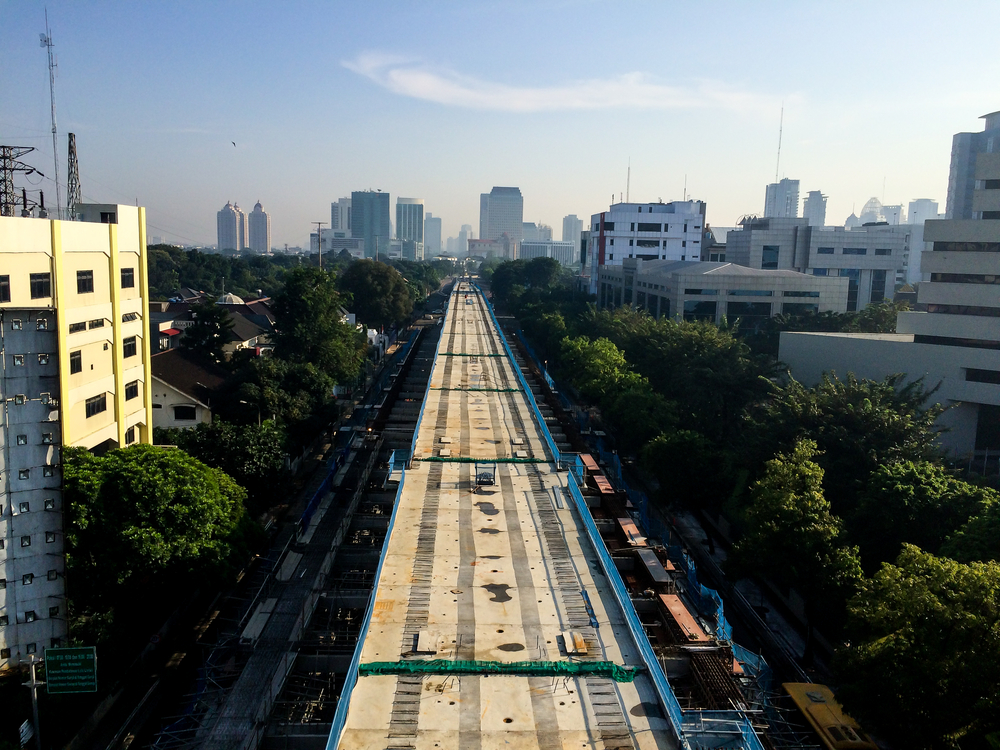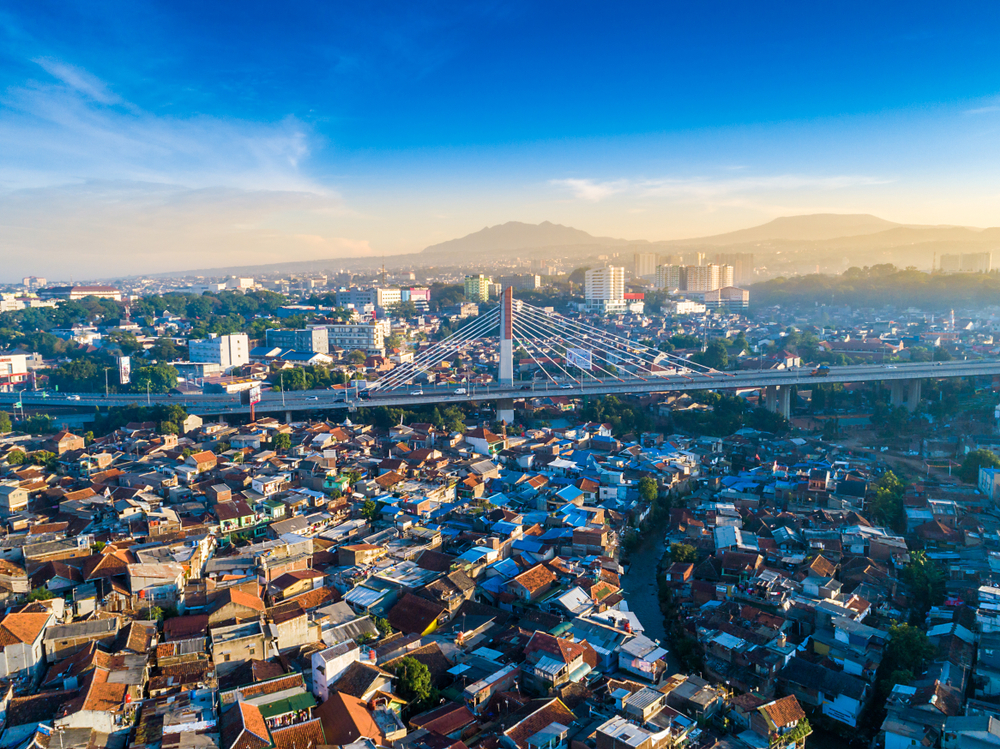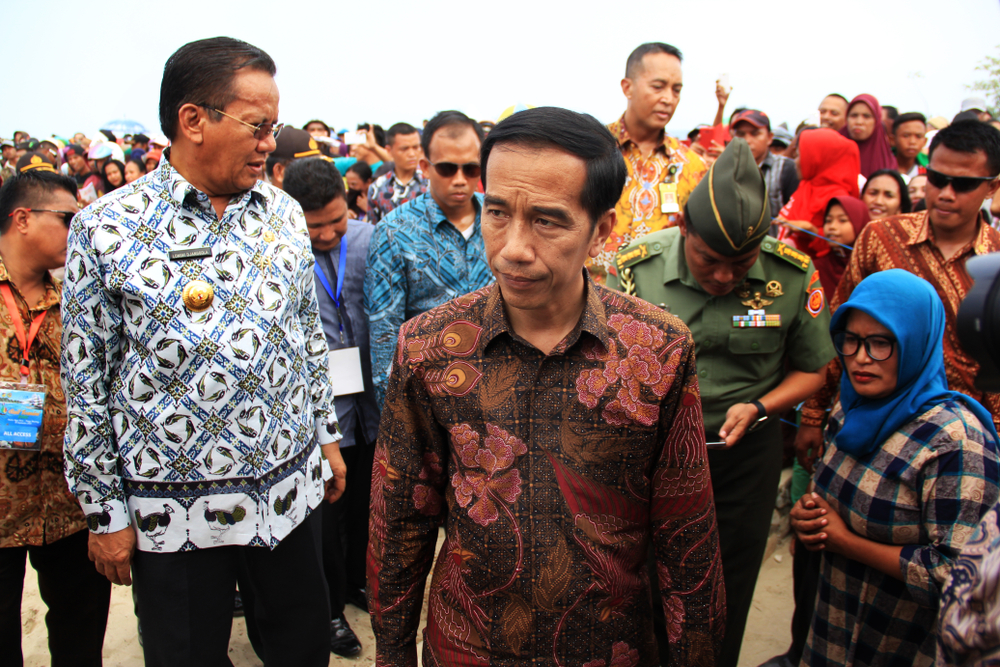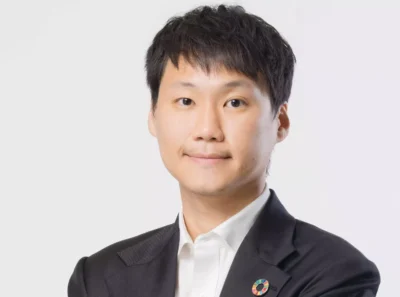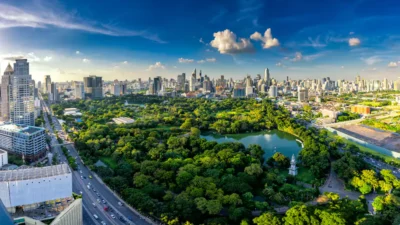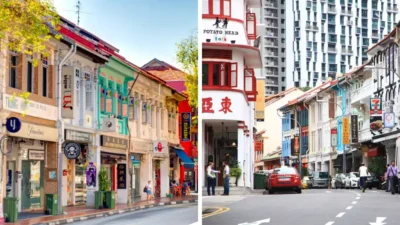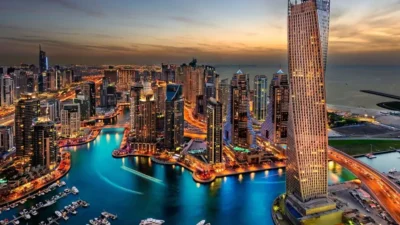Indonesia eyes second-term benefits to property sector
Although Indonesia’s property sector has fallen on less productive times in recent years, real estate insiders believe that the re-election of President Joko Widodo will promote a form of continuity that will bring future benefits

Bagus Adikusumo knows a thing or two about skirting Jakarta’s legendary traffic jams.
Since the March opening of the mass rapid transit (MRT)—Indonesia’s first—the Colliers Indonesia executive has halved his commute times. “If I have to go to areas that are not too far, I just take the MRT instead of taking my car, and the driver will go and pick me up there,” says the consultancy’s senior director for office services.
The 15.7-kilometre-long subterranean line, which has sent land prices along its stations soaring by as much as 20 percent, had been one of then-outgoing President Joko “Jokowi” Widodo’s parting gifts to his constituency of 264 million—until his triumph in the May polls gave him another stab at the premiership, that is.
Jokowi’s second term makes him both forebear and heir of a residential property market far removed from the boomtimes of 2011 to 2014. Sales have been challenging at the top end of the market.
“Condominium prices in the luxury segment have remained relatively flat for some time in the face of weak demand,” reports James Taylor, head of research for JLL Indonesia. “The middle and lower segments have seen some moderate increases—still a far cry from the growth witnessed between 2010 and 2014. A recovery in headline sales figures would support price growth in the primary market, although this is unlikely until the second half of 2019.”
In better days, newly launched apartment products would “easily” sell 30 to 50 percent of units during the design stage, observes Adikusumo. Nowadays, it is not unusual to see sales of just five to 10 percent, leaving a glut of units.
High bank borrowing costs, galvanised by a benchmark interest rate that soared to six percent in early 2019, brook no appeal for some investors. “This is what’s strange about the property market in Jakarta: you borrow money from the bank, and you tend to pay double-digit interest. Yet your yield is only seven to eight percent,” says Adikusomo. “We have to change negative leverage to positive leverage. Jokowi has to talk to all those banks and reduce the interest rate.”
Transactions have been frosty at the luxury end of the primary market, with purchasers snubbing off-plan units for resales. “The ones with money are very careful about spending. If they are targeting the luxury units, they’re looking for discounted luxury units from the secondary market,” points out Adikusumo.
Now Jokowi is coming to the succour of the market by walking back his renowned levies on luxury property sales. In November, the finance ministry let slip that it would lower the tax rate of five percent on luxury property sales to one percent.
A few years ago, Jokowi had imposed a luxury tax of five percent on buyers of properties above IDR5 billion (USD351,000) and a luxury tax of 20 percent for those above IDR20 billion. With the property market spluttering, these taxes have come under review.
More: Inside Indonesia’s struggle to move its capital
Residential properties below IDR1.5 billion are performing best, according to Doddy Tjahjadi, head judge of the PropertyGuru Indonesia Property Awards. Apparently, Jokowi’s populist housing policies have provided grist for end-user demand. Downpayments on purchasing apartments, for instance, have been drastically reduced from 30 percent to as low as five percent. The mortgage barrier has also extended from 10 to 25 years.
“Banks can loan up to 90 percent in many cases. If you need your first property, now is the time to buy,” says Tjahjadi, who also serves as managing director of Jakarta-based design firm PTI Architects. “The government has given a lot of leniency for first-home buyers to create a movement in the property market. But movement from those seeking high-end, second homes for investment is a bit slow.”
Rental yields for affordable and mid-range homes have ranged between six and seven percent since 2016, while their capital gains range from five to seven percent per annum.
While no cruising altitude, Indonesian economic growth stood at 5.2 percent in 2018, aided in part by strong consumption and Jokowi’s infrastructure programmes. The petroleum price downturn has caused the islands’ sizable young workforce to move on to gainful employment in the telecommunications and technology industries.
Millennials or individuals born between 1982 and 1997 have expressed interest to buy a home in Indonesia over a six-month period this year, according to surveys conducted by leading Indonesian property portal Rumah.com between December and January.
Observers say that workers with a salary of IDR4 million to IDR7 million per month will be able to afford middle- to low-end apartments with prices like IDR300 million to IDR500 million per unit. Many will pay for the apartment unit for up to 20 years by instalment.
Yet landed home is still king in Indonesia, especially for property seekers in second-tier markets outside Jabodetabek (Greater Jakarta), which have been benefiting from a combination of infrastructure schemes and explosive population growth. Like Jakarta, the Javan city of Bandung has an MRT project underway. With the right pricing strategy, landed home developers are bound to benefit from improving market sentiment upon the transit project’s completion.
“Indonesians in general love to invest in land because they know it appreciates over time. If I were the investor, I would buy land close to the special economic zones,” says Adikusumo, recommending KEK (Kawasan Ekonomi Khusus) Mandalika, an ecozone in central Lombok.
In Jokowi’s first term as the president, he had to negotiate with many political interests. But for his second term, I think he will try to build his legacy to build a better and stronger Indonesia
While foreigners are still constitutionally forbidden to purchase freehold land in Indonesia, they have been able to buy lots, since 2015, under the hak pakai or “right to use” title. This grants them ownership of landed homes, no bigger than 2,000 square metres, for at least 30 years and up to 80 years. The allure to foreigners, however, remains minimal.
“Psychologically, hak pakai is not good as hak guna bangunan (HGB), the other land title that mostly Indonesian people and companies use. The government will have to change hak guna bangunan to hak pakai in order to attract foreigners and send a message to Indonesian citizens that hak pakai is just as good as hak guna bangunan. That’s easier than giving foreigners HGB land titles,” says Adikusumo.
In his victory speech, Jokowi vowed to cut bureaucratic red tape in Indonesia, a nation ranked 73rd in the world for ease of doing business by the World Bank. The move would expedite the entry of foreign developers, whose ability to complete projects even on sales of just 10 to 20 percent is sorely lacking in the local market, analysts say.
Jokowi’s infrastructure spending spree does not end with the MRT. Soon it will be joined by a light rail transit (LRT) line, poised to be up and running by December. “The LRT and MRT projects are of particular interest to residential developers, and a number of projects with access to these transport corridors are already in the pipeline,” states Taylor.
Whether or not Jokowi’s electoral rival, former general Prabowo Subianto, would have hypothetically made for a more qualified leader, the incumbent premier’s re-election is widely seen to sap uncertainty from the market. “Confidence level is coming back next year. Jokowi will implement a lot of things that has been lacking in the last five years,” says Adikusumo.
Tjahjadi adds, “In Jokowi’s first term as the president, he had to negotiate with many political interests. But for his second term, I think he will try to build his legacy to build a better and stronger Indonesia.”
This article originally appeared in Issue No. 155 of PropertyGuru Property Report Magazine
Recommended
Meet the Bitkub CEO turning real estate on its head with cryptocurrency and tokenised ownership
Jirayut “Topp” Srupsrisopa, CEO of Thai crypto exchange Bitkub, is a true believer in the potential of digitised finance
6 sights to spot in Jardine’s Lookout, Hong Kong
With its sumptuous harbour vistas, this low-density area is one of the most sought-after in Hong Kong
Meet the architect rethinking disability in urban spaces and how cities can be reimagined
Author David Gissen outlines his vision for urban development that takes the needs of disabled citizens into consideration
Why Asia’s mixed-use developments are the future of real estate
Dynamic integrated communities are fusing real estate with commercial, leisure, and other amenities

